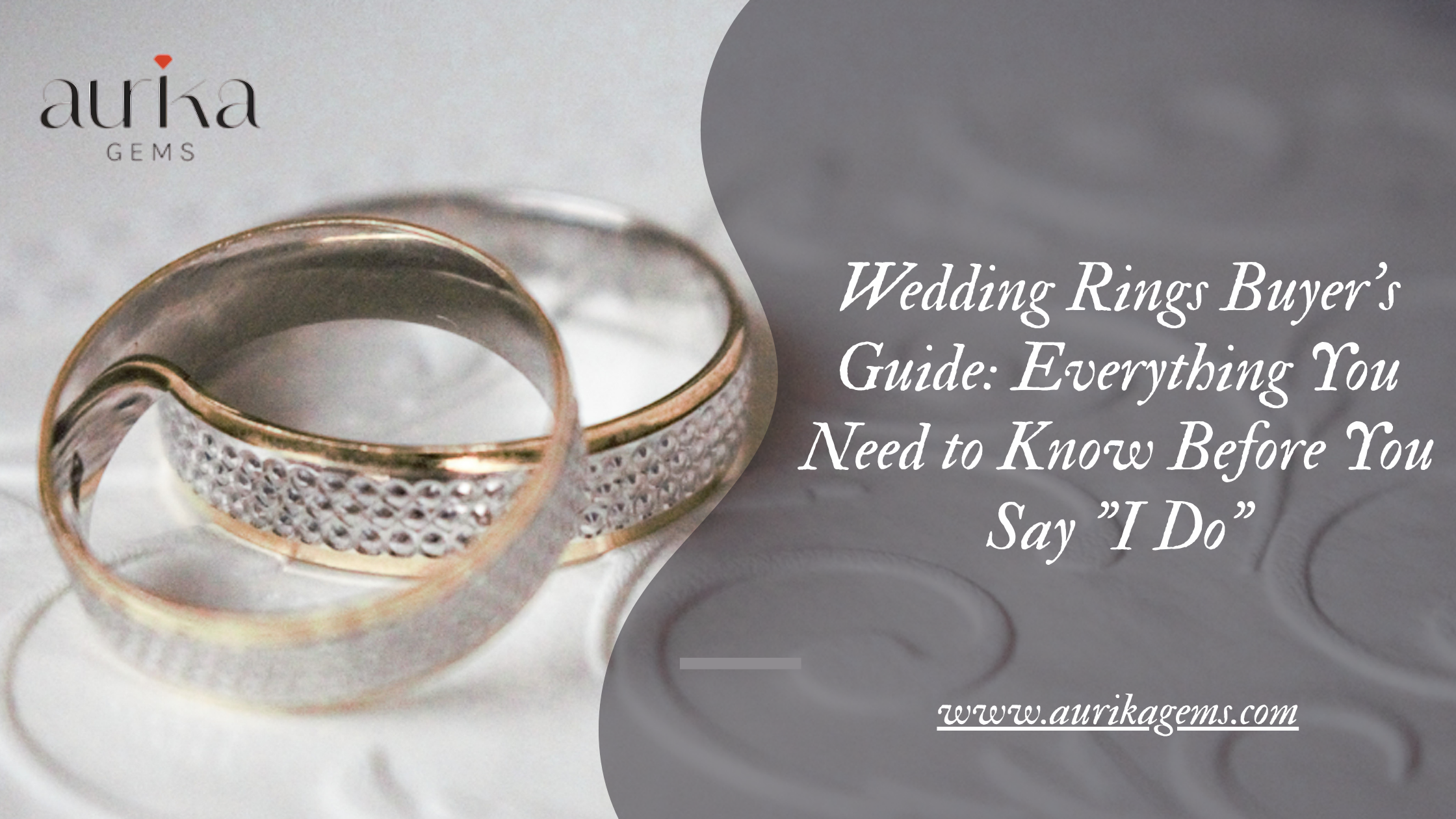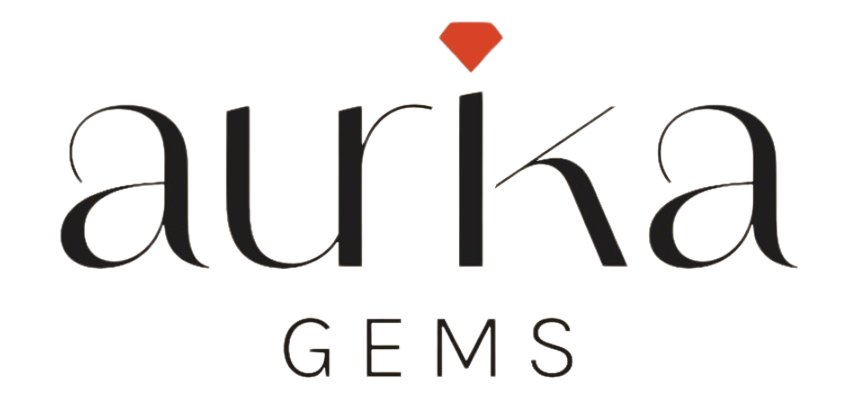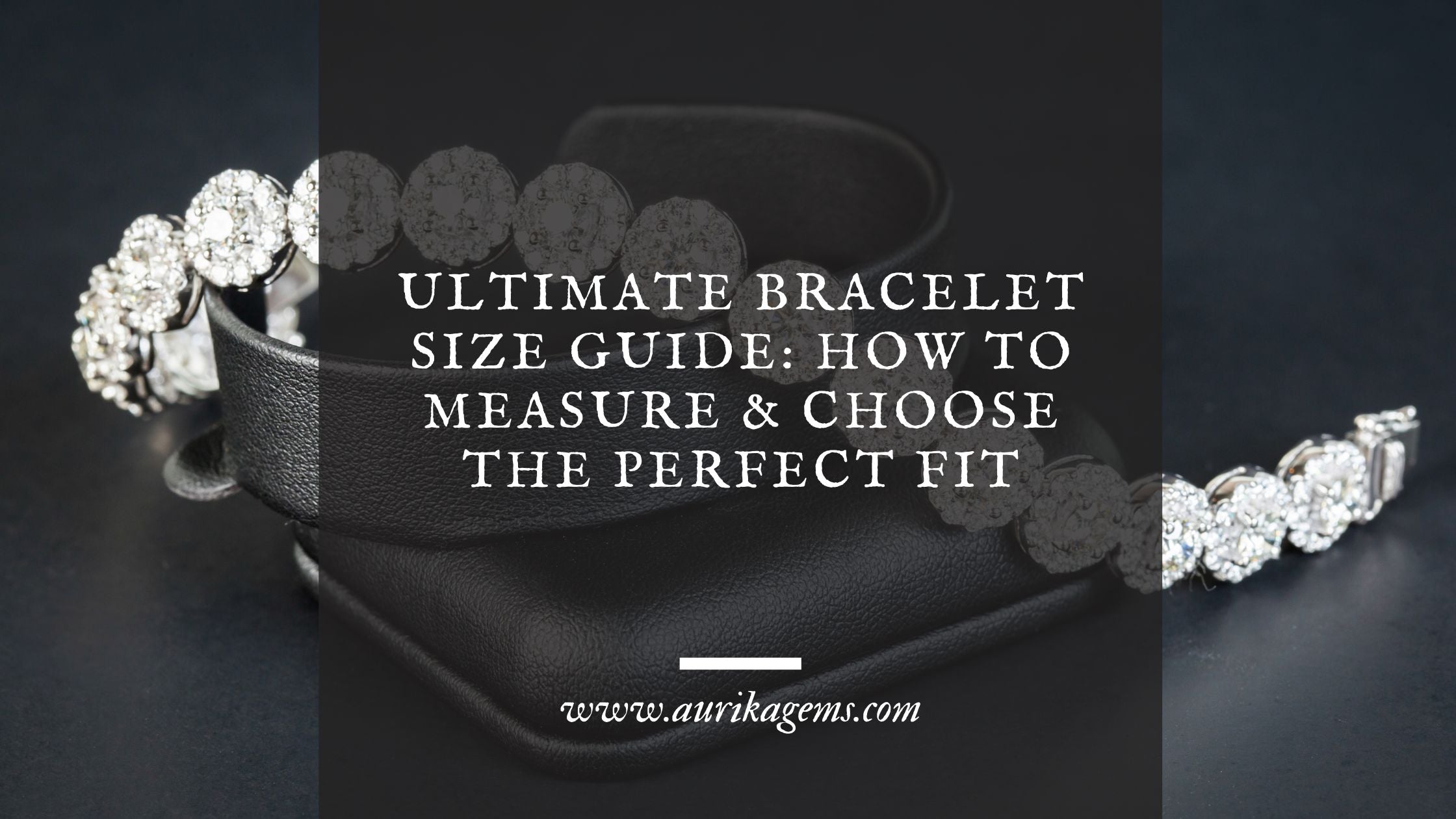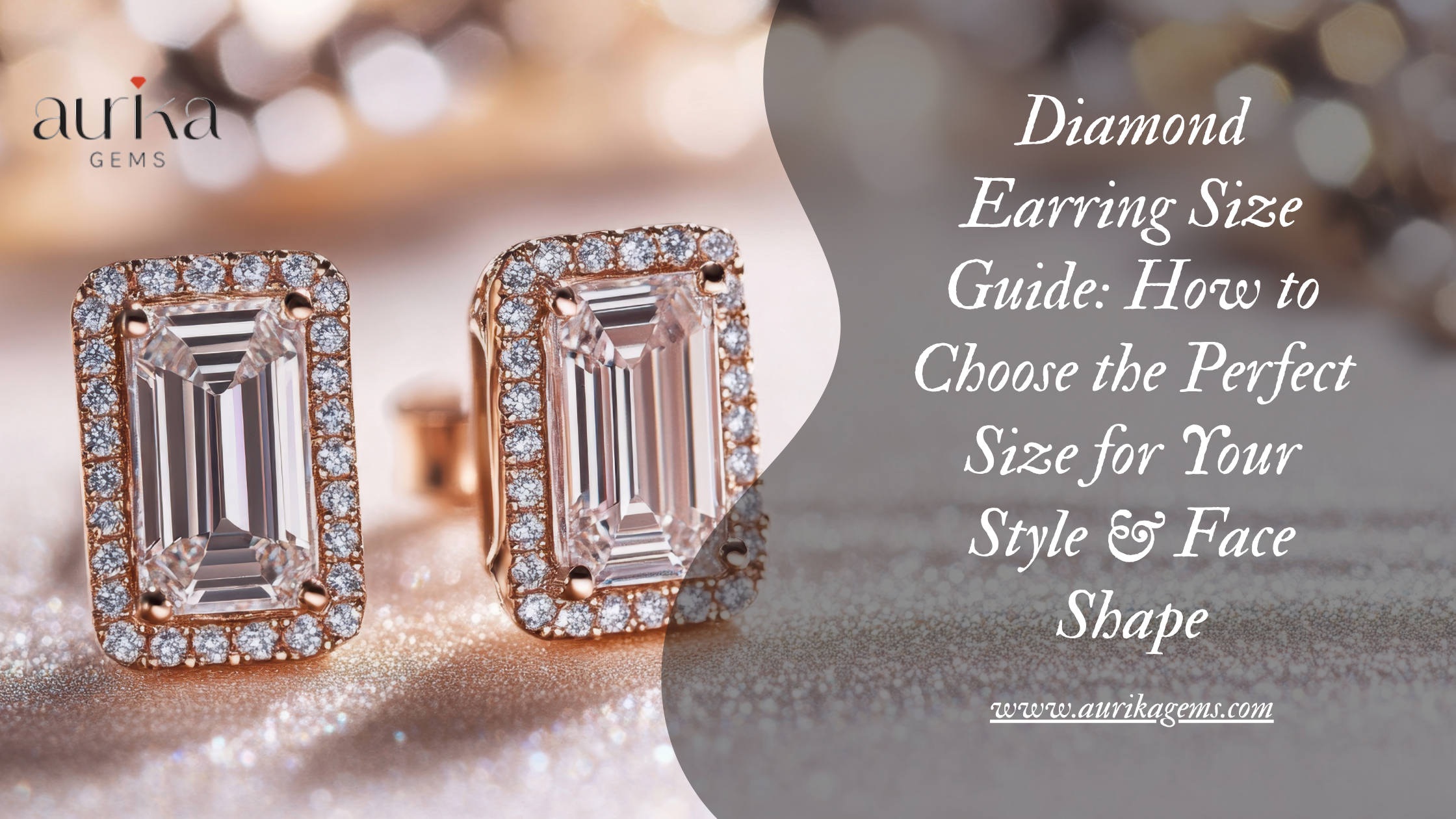
Wedding Rings Buyer’s Guide: Everything You Need to Know Before You Say "I Do"
Choosing a wedding ring is more than just picking a piece of jewelry—it's a symbol of eternal love and commitment. With endless styles, metals, and options available, selecting the perfect ring can be a daunting task. This comprehensive Wedding Rings Buyer’s Guide will walk you through everything you need to know before making your decision.
Understanding Wedding Rings: A Quick Overview
Wedding rings, also known as wedding bands, are exchanged during the wedding ceremony and worn as a sign of commitment. Unlike engagement rings, which are often more elaborate and feature a center stone, wedding rings tend to be simpler. They symbolize unity and are usually worn daily by both partners.
How to Choose a Wedding Ring: Key Factors to Consider
-
Lifestyle: Opt for a durable metal and design if you have an active lifestyle.
-
Style Preferences: Consider if you want your ring to match or complement your partner’s.
-
Purchase Timeline: Ideally, start shopping 3-4 months before your wedding.
-
Certification: Always check for hallmarking and gemstone certifications to ensure authenticity.
Wedding Ring Metals: What Are Your Options?
-
Gold: Available in yellow, white, and rose. Classic and timeless.
-
Platinum: Extremely durable and hypoallergenic, but more expensive.
-
Palladium: Similar to platinum but lighter and often more affordable.
-
Titanium: Modern and scratch-resistant, great for men.
-
Sterling Silver: Budget-friendly but prone to tarnishing.
Each metal has its pros and cons, so choose one that suits your lifestyle, budget, and aesthetic preference.
Read More: Best metal for engagement ring
Popular Wedding Ring Styles and Designs
-
Classic Bands: Simple and elegant, often without stones.
-
Eternity Rings: Encircled with diamonds for a luxurious look.
-
Diamond-Studded Bands: Combine tradition with a sparkle.
-
Engraved Rings: Add initials, dates, or meaningful phrases.
-
Vintage Styles: Antique-inspired with intricate details.
Read More: Engagement Ring Trends 2024
Choosing Between Plain vs. Diamond Wedding Rings
Plain bands offer simplicity and are easier to maintain. Diamond rings, on the other hand, add brilliance and style. If choosing diamonds, consider:
-
Setting Types: Pave, channel, bezel, or prong.
-
Carat Size: Smaller carats are better for daily wear.
-
Stone Quality: Always check for the 4Cs (cut, color, clarity, and carat).
Wedding Rings for Men: What to Look For
Men's rings are increasingly available in a variety of styles and finishes:
-
Metal Durability: Titanium, tungsten, and platinum are excellent choices.
-
Comfort Fit: Slightly rounded interiors make daily wear easier.
-
Design Options: Brushed, matte, hammered, or polished finishes.
-
Matching Options: Coordinate with your partner or go for a personalized look.
Custom Wedding Rings: Personalization Matters
Custom rings allow you to design something unique:
-
Engraving Ideas: Wedding dates, coordinates, initials.
-
Custom Settings: Choose your own diamond shape and arrangement.
-
Symbolic Designs: Interlocking patterns or heritage symbols.
Work with a reputable jeweler who offers design previews and mock-ups before finalizing.
Read More: Custom Engagement Rings
Wedding Ring Budget: How Much Should You Spend?
-
Average Cost (2025): ₹50,000 - ₹2,00,000 depending on metal and stone.
-
Budgeting Tips: Allocate 3-5% of your total wedding budget.
-
Smart Spending: Focus on quality over size; consider future maintenance costs.
Ring Size Guide: Getting the Perfect Fit
-
Measurement Tips: Get sized professionally or use a sizing chart.
-
Try Multiple Times: Fingers swell at different times of the day.
-
Resizing Policies: Ensure the jeweler offers complimentary resizing if needed.
Ethical & Sustainable Wedding Rings
-
Lab-Grown Diamonds: Environmentally friendly and cost-effective.
-
Recycled Metals: Reduce mining impact.
-
Certifications: Look for ethical sourcing certifications like the Kimberley Process.
Sustainable rings reflect conscious choices and add meaningful value to your purchase.
Where to Buy: Online vs. In-Store Shopping
-
Online: Wider selection and better pricing. Ensure secure certification and return policy.
-
In-Store: Physical inspection and real-time consultation.
-
Best Practice: Combine both—research online and finalize in-store or vice versa.
Wedding Ring Care and Maintenance Tips
-
Cleaning: Use warm water, mild soap, and a soft brush.
-
Storage: Keep in a soft-lined box to avoid scratches.
-
Routine Checks: Examine prongs and settings every 6-12 months.
Read More: Top Caring tips
Final Checklist Before You Buy
-
Check ring size accuracy
-
Verify metal and gemstone certifications
-
Confirm return and resizing policies
-
Request engraving and customization details
-
Review warranty and insurance options
FAQs
1. What is the average cost of a wedding ring?
The average cost ranges from ₹50,000 to ₹2,00,000 in India, depending on the metal and presence of diamonds.
2. How do I know what size wedding ring to buy?
Get your finger measured professionally or use a printable ring sizer. Always check the jeweler’s resizing policy.
3. What metal is best for a wedding ring?
Platinum for durability, gold for tradition, and titanium for a modern look.
4. Should wedding rings match?
Not necessarily. You can opt for matching, complementary, or entirely unique rings.
5. Is it better to buy wedding rings online or in-store?
Both options have benefits. Online offers convenience and variety, while in-store provides assurance and hands-on experience.
6. What’s the difference between a wedding ring and an engagement ring?
An engagement ring usually features a center stone and is given at the proposal. A wedding ring is exchanged during the ceremony and is often simpler.
7. Are lab-grown diamonds good for wedding rings?
Yes, they are ethical, environmentally friendly, and cost-effective alternatives to mined diamonds.
8. How far in advance should you buy wedding rings?
It’s best to start shopping 3-4 months before the wedding to allow time for customization and resizing.
Conclusion
Your wedding ring is a timeless token of love. Choosing the right one involves considering style, metal, budget, and ethics. Use this Wedding Rings Buyer’s Guide to make an informed, meaningful, and beautiful choice for your big day.


